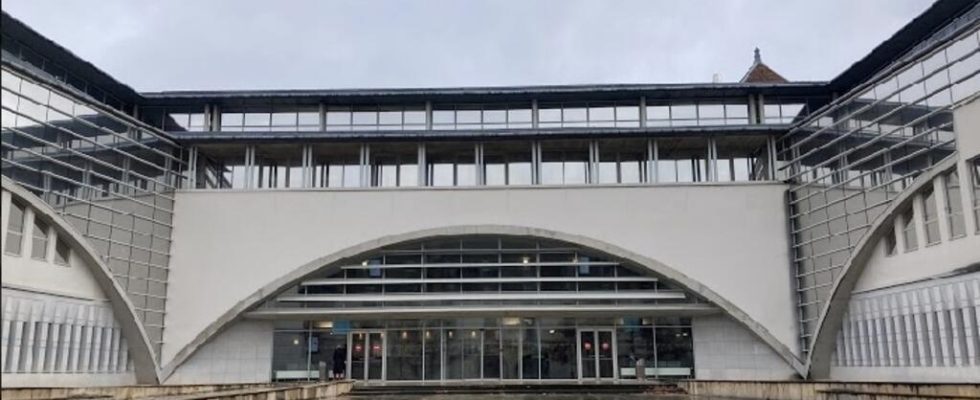The European Court of Human Rights examines this Wednesday, March 29 a request against the French State for climate inaction. To get things moving in environmental matters, NGOs are turning more and more to the justice system, which takes up these issues. Thus, courts organize days of hearings during which only environmental offenses are judged.
One of these hearings took place at the court of Besançon in the Doubs: at the bar, on February 1, it is a question of white gold, snow and green gold, nature. The mayors of two small towns appear for the destruction of protected species and wetlands. In November 2019, work took place to clean up a bog whose water was used to supply the snow cannons of a ski resort. The problem: the snow was yellow. For it to be white, it was necessary to weed the water reservoir. The court therefore wants to know who ordered this work, which damaged the ecosystem.
On the civil side, an association for the protection of nature is claiming 7,000 euros in damages. Of the “ exorbitant claims », protests a defense lawyer who recalls that for the death of a loved one, we generally receive 8,000 euros, and that there is no case law for this type of case. This is precisely why we need “ green audiences »explains Claire Keller, deputy prosecutor:
“ Environmental criminal law is 15 000 offenses divided into fifteen different codes. It is a right at the junction between criminal law and administrative law which we are not used to and which is therefore rarely sent to court. However, by sending to the court, insofar as it is a very complex law, we often go to the Court of Appeal, then to the cassation and this allows us to have case law »explains the magistrate in charge of the regional pole of the environment. “ Today, we must definitely change gear to allow the Court of Cassation to clarify offenses on which we need clarification. »
At the Besançon court, 90% of environmental cases end in alternatives to legal proceedings, the culprits generally being condemned to repair the damage caused. When there is a trial, these are sometimes grouped together over one day. There are two “ green audiences » per year. More is needed, says Alexandre Cheval, development manager at the Doubs Fishing Federation:
“ When you have a pollution file that goes between a pedophile affair and the robbery of a bank, it seems less important. So it’s a bit neglected »he observes. ” Today, at these dedicated hearings, we only talk about cases in the same field. As a result, we become aware of the interaction of this pollution, of all this destruction of natural environments. And we compare between similar cases. It changes everything ! »
► Read also : Climate inaction: Children appeal to Austrian Constitutional Court
Convictions published in the newspapers
One of the major changes is the amount of fines, which has increased tenfold since the Besançon court focused on environmental offenses. Sentences are also systematically published in the local press. The objective: that polluting becomes so costly financially or in terms of images that industrialists and farmers prefer to spend money to do things well.
Me Dominique Landbeck, lawyer for environmental defense associations, already sees the positive effects of these “ green audiences » : “ I believe that the feeling of impunity that certain professions, in particular cheese makers, could enjoy, is over. I salute this desire to finally make things happen ». “ It is a strong message that is sent. It is above all the sentences handed down that will make a certain number of actors think. I also note with satisfaction that the prefectural authority has just carried out a series of inspections of the cheese factories’ purification stations “, specifies this lawyer for environmental defense associations.
Be careful, however, not to fall into militancy, warns Me Jérome Pichoff, lawyer for one of the two mayors prosecuted: “ In legal matters, I think that it is necessary to compartmentalize very clearly what concerns public, media, political or associative debate, from what concerns legal debate. As a court must be impartial, I dare to think that it takes shelter and away from the debates which are agitated outside. »
François Molins, Attorney General at the Court of Cassation, recommends the generalization of these green hearings. In a report on environmental justice published last December, he also calls for more human and material resources, better training for magistrates and investigators, as well as the creation of a specialized investigation service at the national level.
► To listen also: Faced with the climate inaction of European states, should we disobey?
